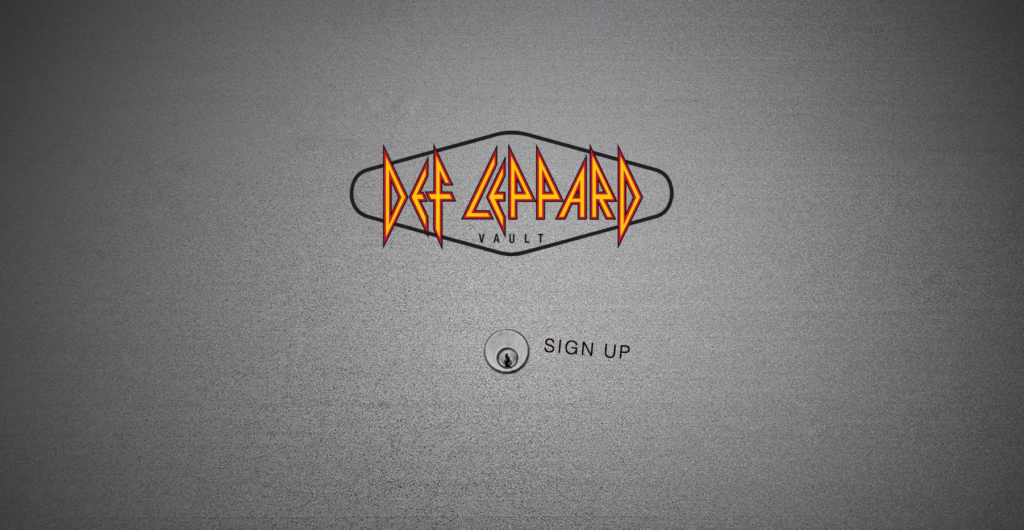
Def Leppard, Neil Young and Radiohead might appear to have little in common; but, in business terms, there is a lot of crossover. All three acts were initially highly critical of streaming and they all have a keen awareness of the importance of their own history, using digital to give fans greater access.
Leading the way, the Neil Young Archives opened in August 2017 going deep into his personal collection of music, photos, documents and assorted items, charging $1.99 for unlimited access (with limited access via a free tier) and hitting 25,000 subscribers by the end of 2019. In January 2020, the Radiohead Public Library opened for free online where the band put everything they could into a single online space (from YouTube videos and artwork to old fanclub emails and print-on-demand T-shirts from previous tours). And almost exactly a year later, Def Leppard have done the same.
“The Def Leppard Vault is the first ever collection of artefacts, related stories, curated and told by us,” explains bassist Rick Savage. “The word is shut down at the moment,” added guitarist Phil Collen, “so it was the perfect time to reflect, raid our closets and basement and actually do a collection of artefacts that we’ve lost or were found.”
It dates back to the band’s formation in Sheffield in 1977 and will be updated regularly. This “constantly curated museum” will include special installations for fans. Other features include a touring history, photo archives, merchandise timelines (and the stories behind particular items) and more.
Specialist companies like Inveniem are working with major acts to help them not just catalogue their archives but also to exploit them. While Bob Dylan sold his personal archive to the University of Tulsa in 2016 (for a rumoured fee of $15-20m), other acts are seeing this as something they can use to build and hold online fan communities – possibly charging for it, but knowing that the most important part is that it is seen.